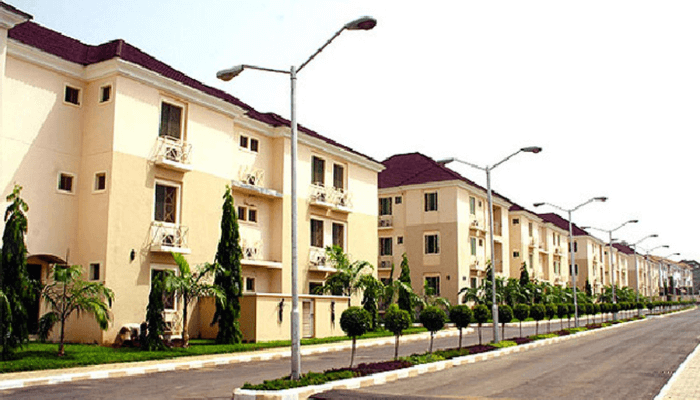Residential market upbeat in Enugu on growing demand for quality homes
The rising profile of Enugu State, in Southeast Nigeria, as a livable city and an investment destination is positively impacting the state’s real estate market, especially the residential segment.
Real estate is benefiting from the Peter Mbah administration, which, in pursuit of its determination and quest to make the state business-friendly and grow its GDP from the current $4 billion to $30 billion over the next eight years, is focusing on infrastructure development.
The real estate market in the state has, in the last eight months of this year, recorded an appreciable demand for quality homes, indicating demographic changes and rising city dwellers and home seekers’ taste for well-managed real estate products.
Well-managed estates are establishing standards in the state’s residential market, while the performance of ageing estates such as the Federal Housing Estate indicates a potential for regeneration. It is expected that assets that integrate effective management will excel in both rental and resale markets.
Read also: Landowners fault Treasure Park sole ownership claim by Adron Homes
A comparative analysis of housing estates in the state provides some insight into building quality and resident satisfaction across four major developments. A recent survey by the University of Nigeria, Nsukka (UNN) shows that Riverside Housing Estate scored high on indicators such as foundation as well as quality, which were rated 91percent and 90 percent respectively.
According to the survey, Uwani Estate recorded an internal space rating of 89 percent, indicating a design inclination towards more spacious living quarters.
“Federal States and Scheme Estate was rated high in liveability and location. It ranked highest in location at 89 percent and compound size at 83 percent. Federal Housing Estate, however, struggles with accessibility to services, including drainage (64 percent) and security (60 percent). These are possibly due to ageing infrastructure,” the survey noted.
BusinessDay checks show that housing development in this Coal City focuses mainly on blocks of flats and single-family residences. Though more preferred outside the city centre, Bungalows, townhouses, and traditional homes constitute a lesser proportion.
This imbalanced housing composition, along with the effects of inequality, suggests that housing development is yet to match the demand of marginalised groups, thus creating opportunities for investors who would like to have a bite of the cake
However, the findings show that restricted access to education and essential utilities for specific demographics undermines sustained demand for more inclusive housing.
Read also: Housing market to receive Eko Paragon’s 105 luxury homes in 12 months
For instance, in this market, gender gaps contribute to restricting market participation; they reduce the potential pool of buyers and renters. This means that constructing housing that addresses societal needs could stimulate demand.
Similarly, rectifying gender disparity is not merely a social responsibility but also a strategic initiative for real estate expansion. This is because homelessness, lack of property rights, and limited access to finance play a major role in slowing down housing development.
Against this backdrop of exclusion and inequality, innovative and sustainable housing alternatives are beginning to gain traction. One of such alternatives is the plastic bottle homes, which have the major advantage of being cheaper in terms of construction cost.
A recent report on that housing model says it costs about 30 percent less to build a plastic bottle home than to construct a conventional brick and mortar house. The homes are also sad to be more durable and are bulletproof.

